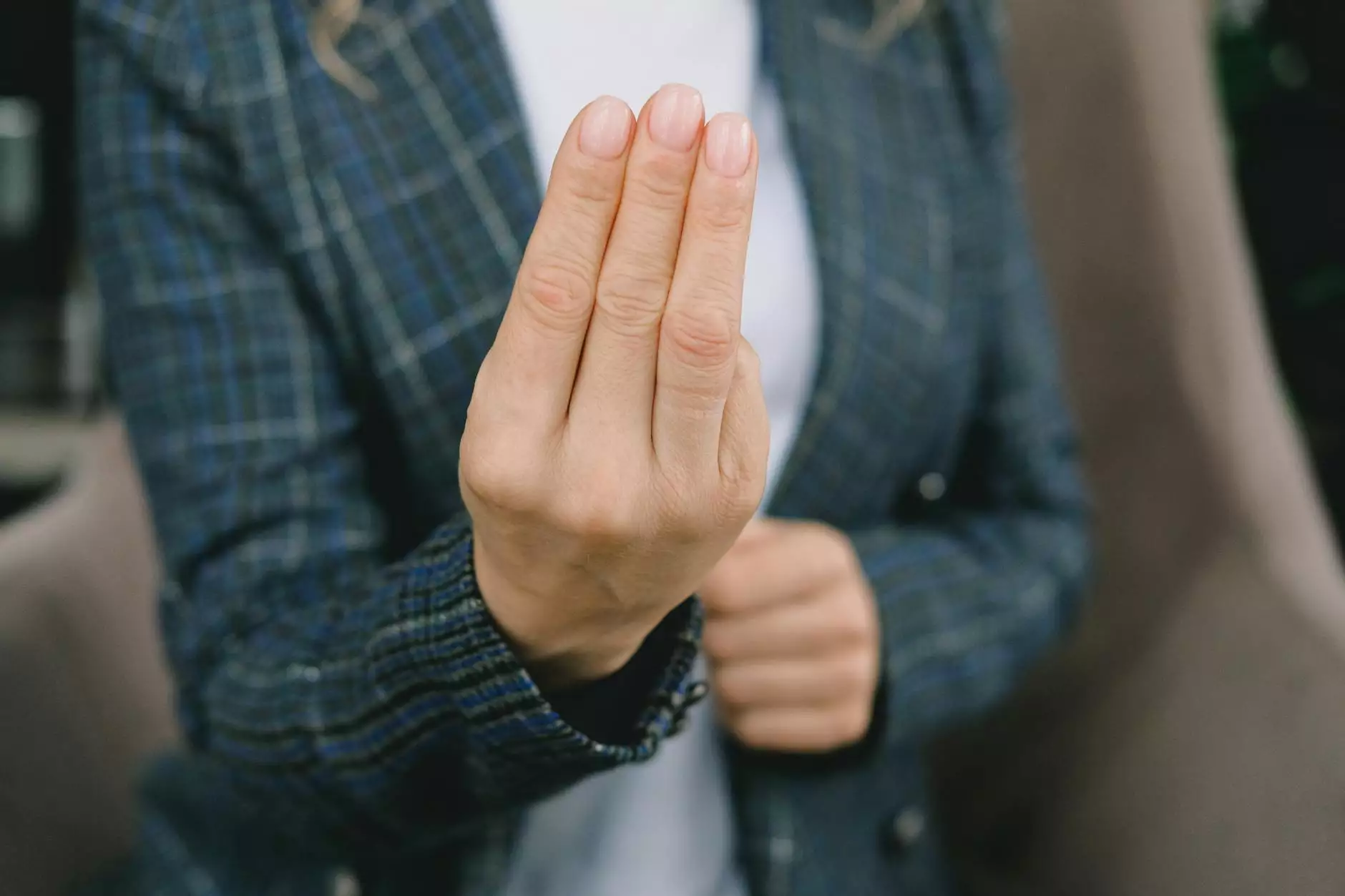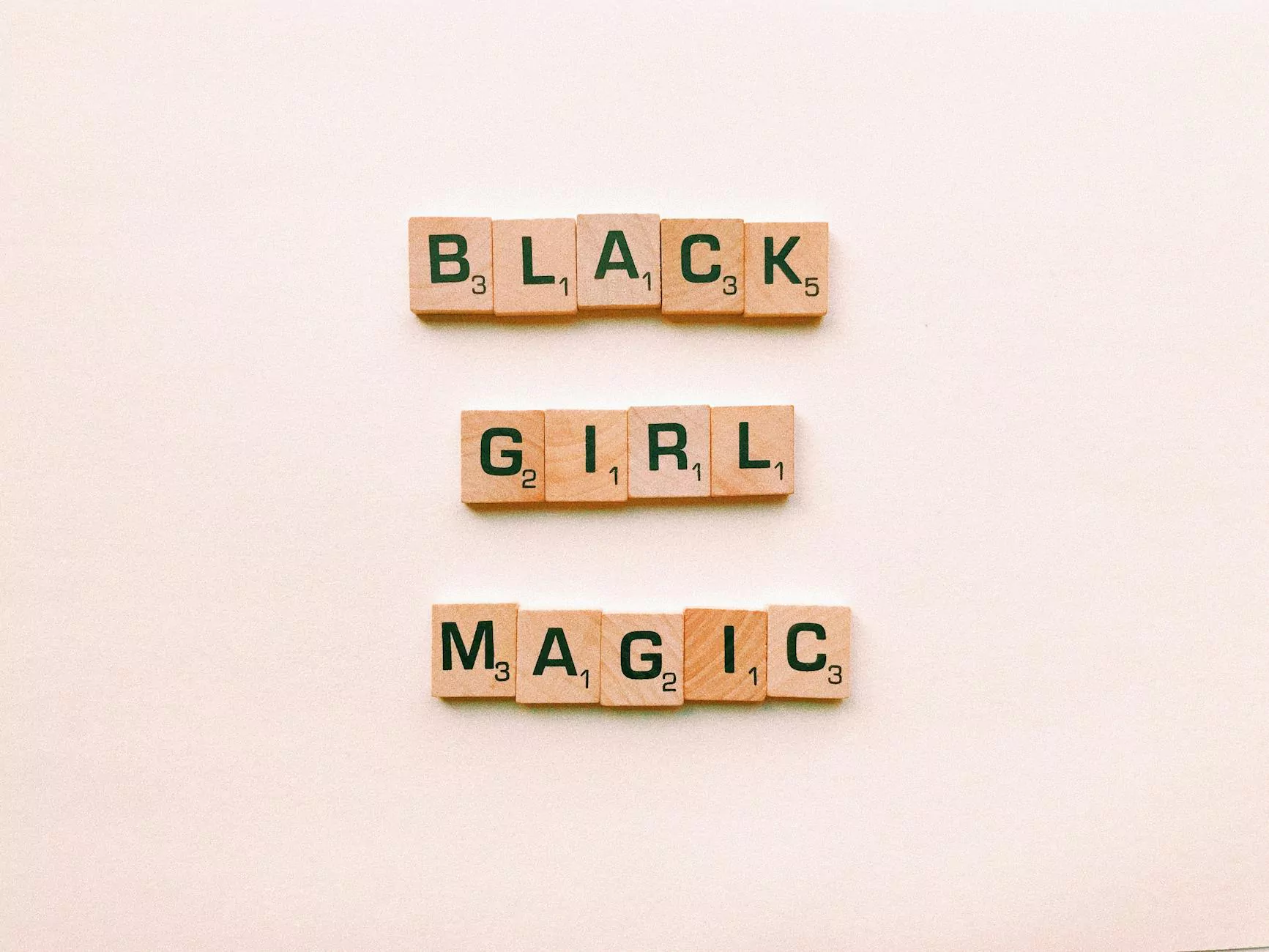The Four Types of Love Addiction

Introduction
Welcome to FestivalsBazar.com, your ultimate resource for enriching your life and developing healthier relationships. In this insightful article, we delve into the fascinating topic of love addiction, exploring the four different types that individuals may experience. Whether you're curious about love addiction or struggling with it yourself, this comprehensive guide aims to provide valuable information, support, and strategies for overcoming these patterns.
Understanding Love Addiction
Love addiction is a psychological and emotional condition characterized by an unhealthy dependence on romantic relationships. It can manifest in various ways and interfere with an individual's ability to form healthy and sustainable connections. By identifying the different types of love addiction, we can shed light on these behaviors and work towards healthier relationship patterns.
The Four Types of Love Addiction
1. Obsessive Love
Obsessive love addiction is characterized by an intense fixation on a specific person. Individuals experiencing this type of addiction often develop an all-consuming preoccupation with their romantic partner, neglecting their own needs and personal boundaries. They may exhibit possessive behaviors, jealousy, and an inability to let go even when the relationship is toxic or harmful.
Signs and Symptoms of Obsessive Love Addiction
- Constant thoughts and fantasies about the person
- Difficulty focusing on anything other than the relationship
- Extreme jealousy and possessiveness
- Feeling the need to control every aspect of the partner's life
- Ignoring red flags and abusive behaviors
2. Codependent Love
Codependent love addiction often occurs when one partner becomes overly reliant on the other for emotional well-being, self-esteem, and a sense of purpose. This type of addiction is characterized by an imbalance of power and a tendency to prioritize the needs of the partner over one's own. Codependent individuals may struggle with boundaries, enabling behaviors, and a fear of abandonment.
Signs and Symptoms of Codependent Love Addiction
- Anxiety when separated or apart from the partner
- Lack of personal identity outside of the relationship
- Enabling addictive or toxic behaviors
- Difficulty expressing needs and asserting personal boundaries
- Excessive fear of rejection and abandonment
3. Fantasy Love
Fantasy love addiction revolves around creating an idealized version of a partner or relationship. Those struggling with this type of addiction often escape into a fantasy world, projecting their desires and needs onto their partner. They may disregard the reality of the relationship and fail to recognize the actual personality and flaws of their partner.
Signs and Symptoms of Fantasy Love Addiction
- Creating an idealized image of the partner in one's mind
- Avoiding conflict or overlooking issues in the relationship
- Focusing on what the relationship could be, rather than what it is
- Placing unrealistic expectations on the partner
- Feeling a constant need for validation and reassurance
4. Jealous Love
Jealous love addiction is characterized by an overwhelming fear of losing one's partner or being replaced. Individuals experiencing this type of addiction often have low self-esteem and struggle with trust issues. A constant need for reassurance, suspicion, and possessiveness can strain relationships and create a toxic environment.
Signs and Symptoms of Jealous Love Addiction
- Extreme jealousy even in the absence of a valid reason
- Constantly monitoring the partner's activities and interactions
- Accusing the partner of infidelity without evidence
- Feeling insecure and anxious about the relationship
- Isolating oneself from friends and social activities
Overcoming Love Addiction
Recognizing and understanding the different types of love addiction is a crucial step towards healing and developing healthier relationship dynamics. If you find yourself struggling with love addiction, know that there is hope. Here are a few strategies that can assist you on your journey to recovery:
- Seek professional help: Consider reaching out to a licensed therapist or counselor who specializes in relationship issues and addiction.
- Join support groups: Connecting with others who have similar experiences can provide valuable insights and offer a sense of community.
- Educate yourself: Read books and resources on love addiction to gain a deeper understanding of its roots and strategies for overcoming it.
- Practice self-care: Prioritize self-love, self-compassion, and engage in activities that bring you joy and fulfillment.
- Set boundaries: Learn to establish and maintain healthy boundaries in your relationships, prioritizing your emotional well-being.
- Develop a support network: Surround yourself with a supportive network of friends and family who can provide encouragement and guidance.
Conclusion
By familiarizing yourself with the four types of love addiction, you have taken an important step in understanding the complex dynamics that govern our relationships. Remember that overcoming love addiction is a journey that requires patience, self-reflection, and active efforts towards change. Always be compassionate towards yourself and seek the necessary support to help you break free from unhealthy patterns, develop self-love, and cultivate nourishing relationships.









